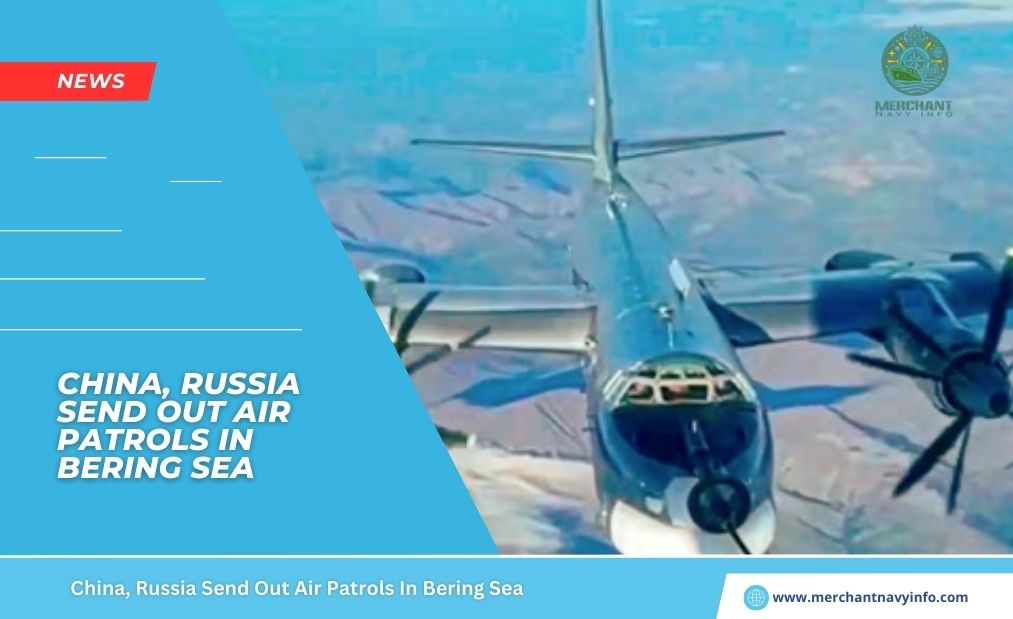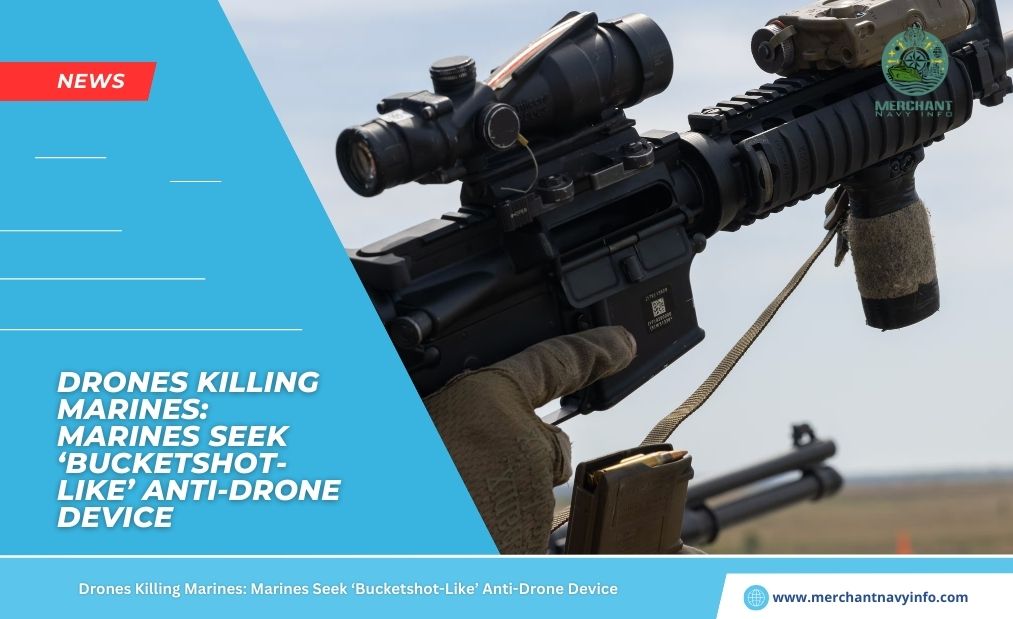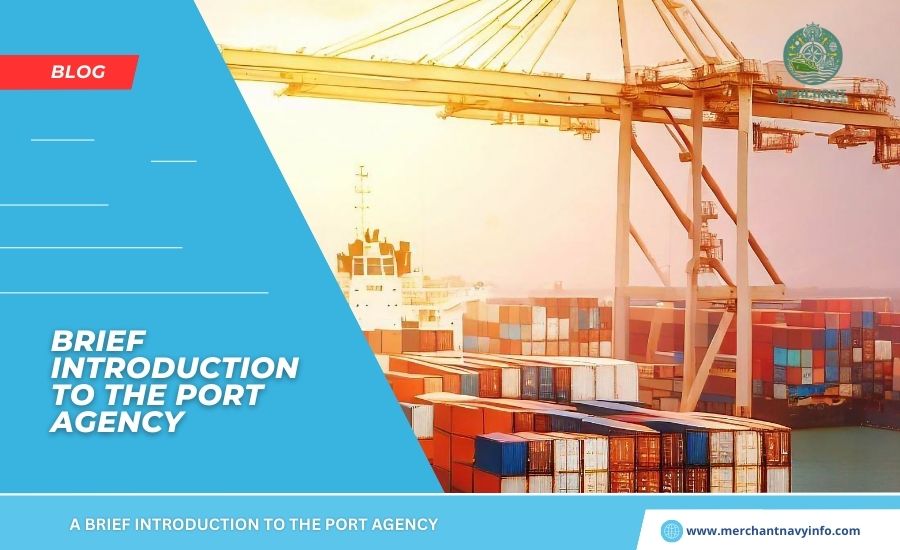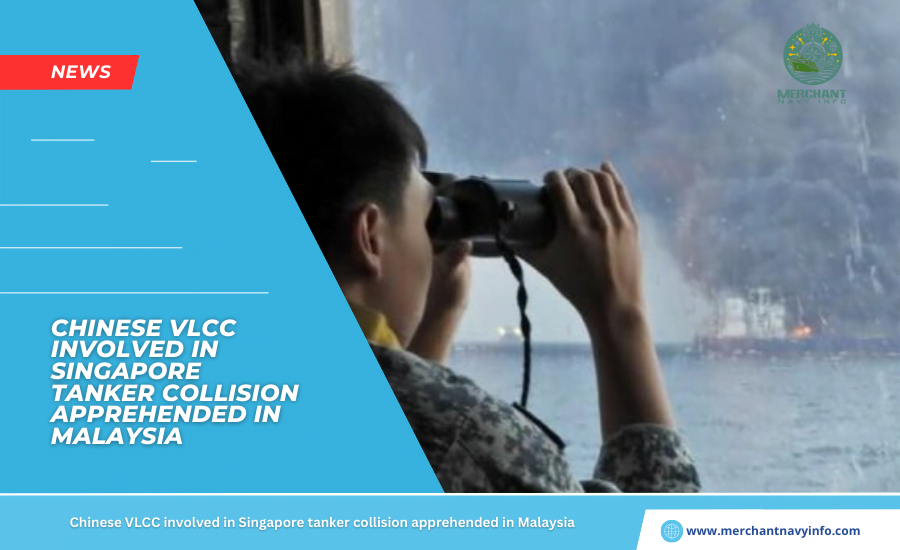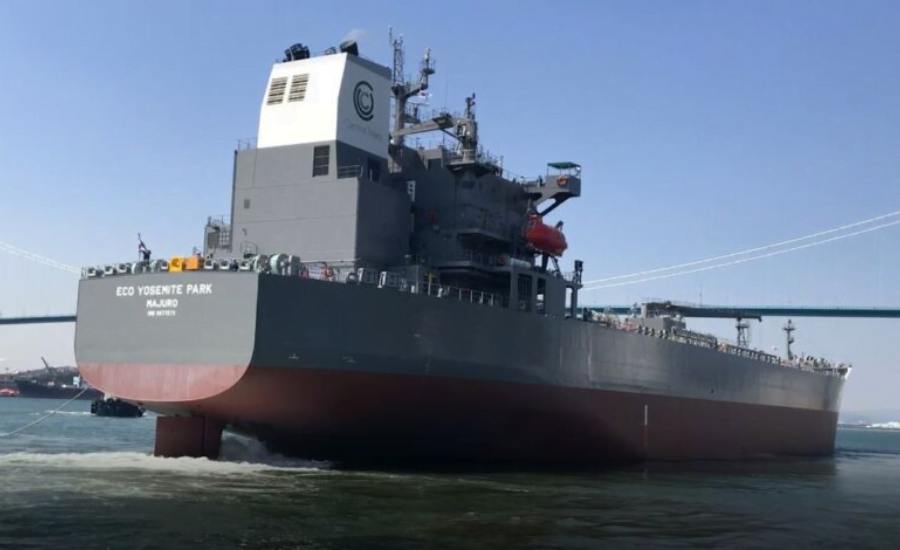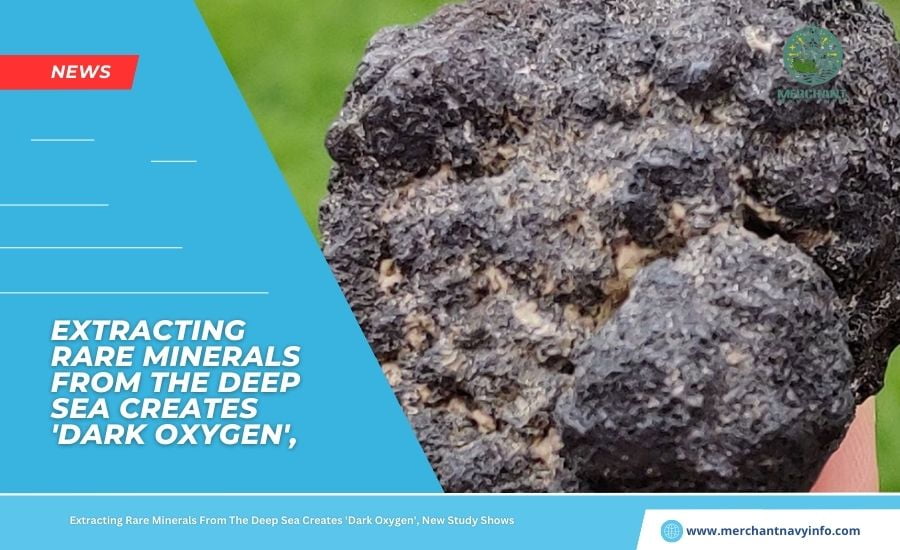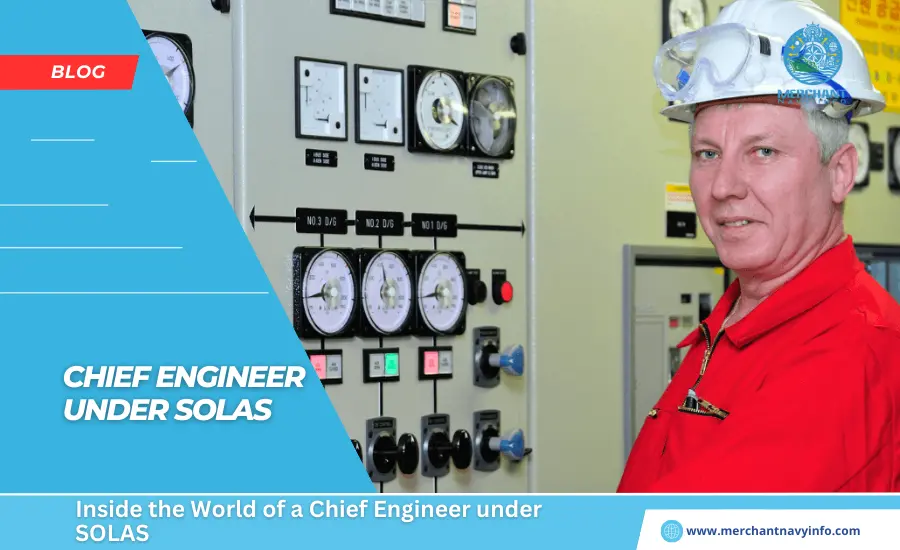
The ship’s chief engineer is responsible for the ship’s technical department. His job is to make sure the machinery in the engine room is working properly and also ensure a smooth journey. According to the SOLAS (Safety of Life at Sea) Convention, it is the chief engineer’s responsibility to ensure the safety of maritime professionals working in the engine room. The duties of the Chief Engineer are clearly stated in STCW 95 Section A-III/2. SOLAS provides that the operation of a ship and its equipment must be properly supervised, and also all minimum safety standards must be met.
The Duties Of The Chief Engineer
In general emergency situations on board the ship are as follows:
1. The chief engineer must ensure that all machinery and equipment on the ship are working efficiently to ensure the safe navigation of the ship.
2. Must perform all duties following rules and regulations established by flag state governments, IMO, and also port state authorities.
3. Vessel and personal safety equipment should be inspected regularly and frequently.
4. All items used to prevent environmental pollution should be regularly inspected and also tested for proper working conditions.
The Chief Engineer must Establish the Following:
A set of standing instructions for each crew member under command must be established.
1. Standing instructions should be given in accordance with the periodic maintenance schedule set out in the planned maintenance system “PMS” established by the organization. Manufacturer Requirements
2. It must be ensured that details of all operations and also activities are properly recorded in logs and registers, demonstrating that the system is compliant.
3. Lifesaving and fire protection equipment should be periodically inspected for its operating condition. (Operating mechanisms and connections should be inspected and lubricated frequently.)
4. To minimize the cause of the fire, the Chief Engineer shall ensure the proper operation of the fuel, lubricating oil, and cleaning equipment. And maintenance must be ensured to ensure that leakage is minimized. If a leak occurs, it must be repaired as soon as possible.
Enquiries
Also, efforts should be made to recover as little waste oil as possible. Collected oil must be burned in an incinerator or disposed of at a land-based collection point.
1. The Chief Engineer also must ensure that the maintenance of the incinerator is carried out in accordance with the regulations established by the Administrator.
2. Only clean water from the wastewater mixture should be pumped out of the ship via the oil-water separator. (According to company regulations, oil-water separators are to be handled only by the chief engineer.)
3. To ensure that maintenance and repair procedures are carried out properly, necessary machinery spare parts are provided. It should be available in the ship’s warehouse. Also make the right request at the right time.
4. The chief engineer’s duty is to motivate his team to adopt a “safety first” attitude in their work.
5. The Chief Engineer will also ensure that the crew participates in all emergency drills and safety meetings on board.
6. All crew members must know how to deal with any situation on board. The chief engineer must guide the team during training and teach them how to safely extricate themselves from an emergency situation in the shortest possible time.
7. When responding to emergencies, the Chief Engineer must follow company policies and procedures for responding to emergencies.
Emergency
1. In an emergency, response time is critical. Therefore, the chief engineer must be able to guide his team in completing and solving the task in the shortest possible time.
2. The chief engineer must have knowledge of equipment such as fixed fire extinguishing equipment and the operation of quick-closing valves. To deal with extreme emergencies.
3. Must also have knowledge of on-board emergency equipment and other important emergency equipment.
4. In the event of an emergency, the chief engineer shall maintain appropriate communication with the master, who shall liaise with local authorities and also the ship’s office.
5. You must work with the master so that both the deck and engine departments can work together to bring the emergency under control as quickly as possible.
6. Last but not least, the chief engineer must maintain appropriate behavior toward the crew and respond to their questions and requests to the best of his ability.


